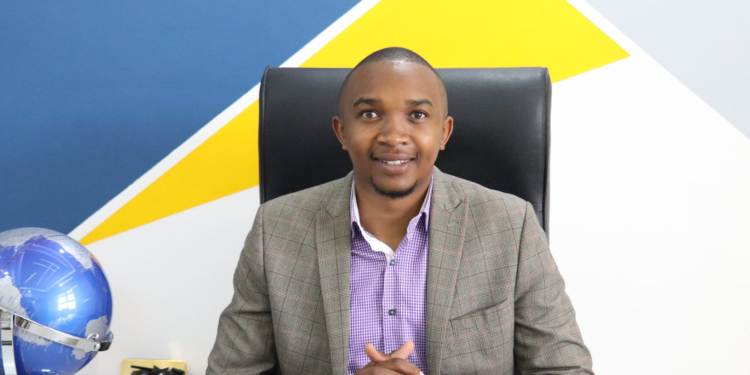Kenyan lawyer and civic educator Morara Kebaso has launched a stinging attack on Deputy President Rigathi Gachagua, calling him a worse leader than President William Ruto, and advocating for the impeachment of both.
Speaking on Spice FM, Kebaso accused both leaders of failing the country and driving Kenya into deeper political and economic turmoil.
“Gachagua may be corrupt and tribal by words, but Ruto is tribal by actions,” Kebaso said, arguing that while the Deputy President’s rhetoric has been damaging, President Ruto has enacted policies that have further divided the country along ethnic lines.
Kebaso, a vocal advocate for accountability and civic engagement, also criticized the tribal nature of appointments within the Ruto administration. He claimed that public resources are distributed based on ethnic affiliations, which, in his view, is eroding the country’s democratic foundations.
“State appointments and the division of resources have been skewed in a way that benefits certain ethnic groups, and this is deeply worrying,” he said.
While Gachagua has faced mounting criticism over his frequent controversial remarks, Kebaso suggested that his actions as a leader were even more problematic than his words. According to him, the Deputy President has fostered an environment of corruption and impunity that cannot be overlooked.
“He should be impeached because he represents the worst of what our leadership has to offer,” Kebaso added. “Some people were even saying that Gachagua should run for president, but that would be jumping from the frying pan into the fire.”
The civic educator further alleged that the push for Gachagua’s impeachment had gained momentum not only in urban areas but also in the Deputy President’s own political stronghold. “People all over are saying, if they have to go, let them go both of them,” Kebaso noted, pointing to growing discontent in traditionally supportive regions like Kericho, Bomet, and Nandi.
Calls for Double Impeachment
Kebaso also emphasized that impeaching both leaders was essential for holding them accountable for their failure to address key issues affecting Kenyans. He accused them of distracting the public from more pressing matters, such as corruption, the struggling economy, and education reforms.
“The impeachment conversation is diverting Kenyans’ attention from real issues — corruption, the university funding model, and healthcare,” Kebaso stated. His stance, he says, is aimed at removing tribalism from the discourse of accountability.
Personal Experience with Public Participation
Kebaso recounted a personal experience in which he was violently attacked during a public participation forum. According to him, the event turned hostile when he tried to share his views on the impeachment of both Ruto and Gachagua.
“I was seated, raising my hand to speak when I was attacked by goons,” Kebaso said, adding that the attackers were aligned with senior ODM politicians. “By the time I was allowed to speak, I had already been hit with more than 30 metallic chairs,” he recalled. Despite the assault, Kebaso continued to advocate for a transparent and inclusive public participation process, urging the government to listen to the voices of ordinary Kenyans.
A Warning for the Future
Kebaso also warned that Kenya could be on the brink of widespread unrest if its leaders do not heed the calls for accountability. He pointed to the rising frustration among citizens, particularly the youth, who have taken part in protests and public demonstrations in recent months.
“We are stuck in an abusive relationship with our leaders, and Kenyans are beginning to wake up to that reality,” Kebaso said. “If leaders don’t listen to the people, we are likely to see more national unrest.”
















